Nepal’s current public affairs have come under the duress of the Millennium Challenge Cooperation (MCC) of the American Government seeking its Parliamentary approval. As usual, bilateral and multilateral aid has terms and conditions attached; MCC is no different. There is disinformation on this aid program concerning contents in its document and logical framework. Before jumping into hearsay and rumours, one has to objectively assess MCC’s original document and papers to sift fact from fiction. There were write-ups to support and to argue against. The crux of the matter is to know this technical assistance to build infrastructure badly needed for Nepal has multiple dimensions of a cohesive polity. Nepal has to refresh its politics as events unfold to indicate in the imbroglio of the MCC debate.
Particularly democracy and democratization of the state and society of Nepal is an inherent agenda. As a democratic country, Nepal has followed programs and policies that are in tune with the current global policy spearheaded by liberal democratic and economically prosperous American and European countries. Like MDG and SDG, agendas are global in nature and scope. It is concomitant with an open society and opening world. Information and communication technology has expanded the scope of discursive practices. So, the public interest issues of glocal characteristics invoke national interests. It absorbs public attention and its appraisal by the public intellectuals, civic leaders, and politicos.
Also Read: Nepal: Discourse in Geopolitics
So far Nepal has not witnessed an aid program of this grand nature to get an approval of the Parliament. Foreign assistance is ordinarily and regularly channelled to the civil society actors through International/National Non-Governmental Organizations. Recently, India cut down the size of monetary aid to Nepal in its Fiscal Policy of 2022-23. There is a monetary resource crunch and we are deprived of developing technology to develop and modernize Nepal. Probably, a lure of the lucre so easy to feed the aid industry, Nepal needs a leadership that is a decisive game-changer to turn an aid-dependent country into a trading hub. For example, implementing public policy and coordinating state and bureaucratic apparatus towards the ends of the Constitution of Nepal 2015 and pursuing current national plans, policies, and programs can relieve the burden of maladministration and bad governance.
American Aid of this astronomical amount found a tiger’s paw in ideologically asymmetric political actors in a vulnerable and sensitive geopolitical landscape. A paradigm shift in public service delivery suddenly needs to inject a fresh stream of leadership competence to alter human conditions. It is believed that the existing status of policy in Nepal is adequate to achieve development goals. Public affairs are churned every day of doom and gloom. However, chasing policies to the hilt to avoid collateral damage to statehood and political setup demands political will to manage the change so far injected.
Also Read: Nepal: Politics of American Initiative of MCC
Irrespective of partisan interests, national consensus must have the counsel of the past and lessons of failed states in the world where putting money into fixing the state and society is counterproductive. However noble and kind the purpose and objective of assistance may be, for Nepal a homegrown modernization is the best option. Democracy functions through regular elections based on personal and national integrity. An assessment resembling political symptoms invokes the geopolitical rivalry inside the political territory. To counter it by enhancing the quality of government and governance, a contingent, exigent, and futuristic action plan has to follow stipulated in the existing national, provincial and local framework. Only strengthening the people of Nepal can maintain nationhood and statehood intact. If the national exchequer saves money and spends wisely or the treasury is managed well, Nepal need not see fallouts of aid politics in every sphere of civic affairs.
When there are too many external forces transforming a country that has cherished its independence, autonomy, and integrity, the fighting for monetary volume should be supplanted by national principles. Only then can citizens feel a concrete change or bring tangible benefits to the country. A leader has an implicit and explicit understanding of such politics to govern and get consent from the governed. We can only keep the forces that take undue advantage of our effete development standard at bay and raise the quality of politics inside the country higher. Additionally, imparting education is a key to addressing multiple challenges we are facing in human affairs and human sciences.
Until or unless we reorient, recommit and resolve our political strength to renew spirit to serve the public and citizens and to undertake the business of politics and bureaucracy in democratic conviction, the outside interference of one or other manifestation will destabilize our principles. It takes some time to settle this puzzle that entered like the Trojan Horse to avenge scores of political actors inside and outside Nepal. Only sealing the fate of our destiny to eternally remain sovereign within the parameters of democratic design, its upshot of national consensus propels our reason for existence. In this case, the state survives and struggles in the common parlance of reinventing resilience in challenging times. This is a strategic endurance to keep our national spirit alive and forceful.
Nepal has covertly been an ally of democratic countries since the First World War when the recruit Gorkhalis gallantly served to defeat the Axis powers. Political order is in the paradox of Nepal that had been ruled by autocracy and oligarchs till 1950. A penchant for such traits has not shed its vestiges in genetics and the genealogy of state and society in its aftermath.
Furthermore, it does not mean Nepal should invite foreign powers to play policies to suit their needs and likings in the Himalayan enclave of political transition. This transition has to conclude sooner to maintain a stable and regular polity where generations feel a sense of comfort and ease. Then can civic nationalism, civic leadership, and civic culture get traction to reorder politics?
A political journey has begun and a democratic state and nation-building have to commence. Liberal realism is the currency to stabilize polemics and contain perceptual polarization devoid of hurt and harm to public and international affairs. This new millennium has to converge and coalesce policies where sensibilities and sensitivities of pride and not prejudice, prosperity and not depravity, self-reliant interdependence and not dependency, and democratizing democracy and not nostalgic authoritarian past are inculcated as an exemplary political creed and millennial identity in Nepal’s political history.
Disclaimer: The views expressed in this article are of the author solely. TheRise.co.in neither endorses nor is responsible for them.
About the author
Mr. Kunwar is a politics and international relations analyst based in Kathmandu.

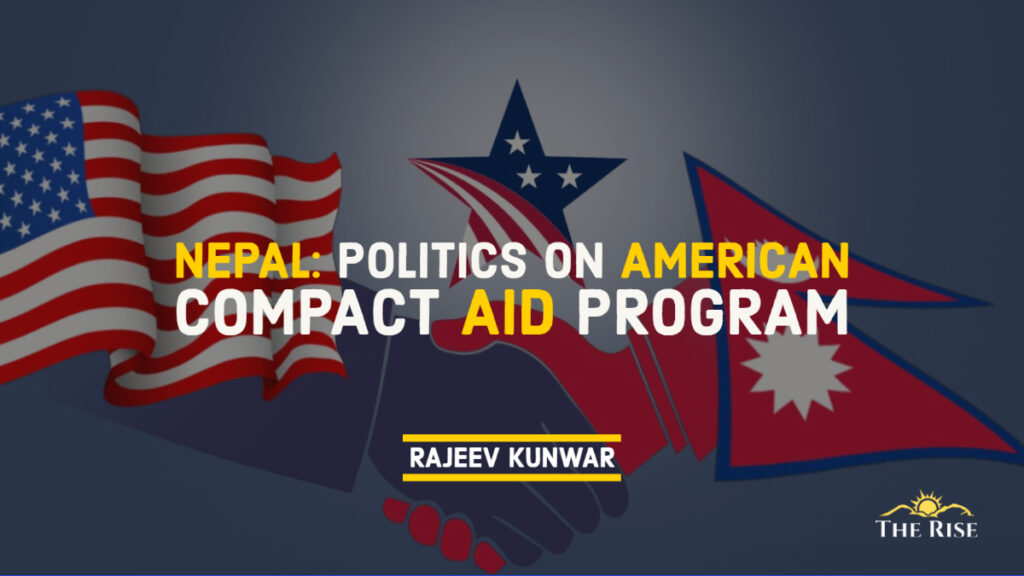


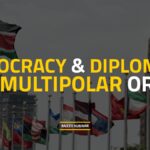

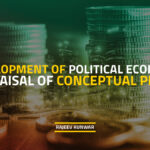


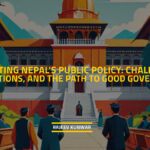
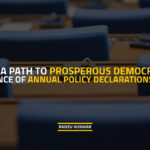

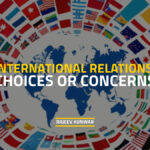




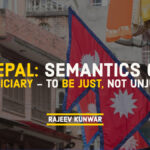

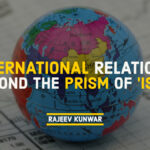
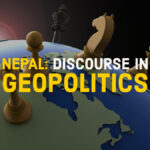

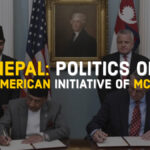
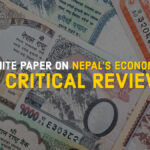
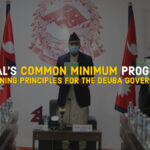
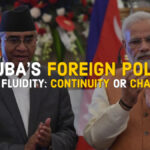
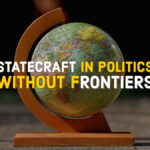
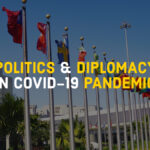
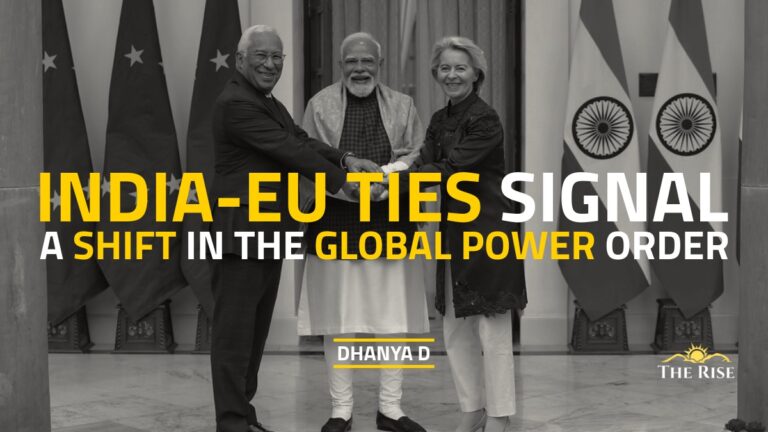



Pingback: Nepal at UN: A Perspective - TheRise.co.in